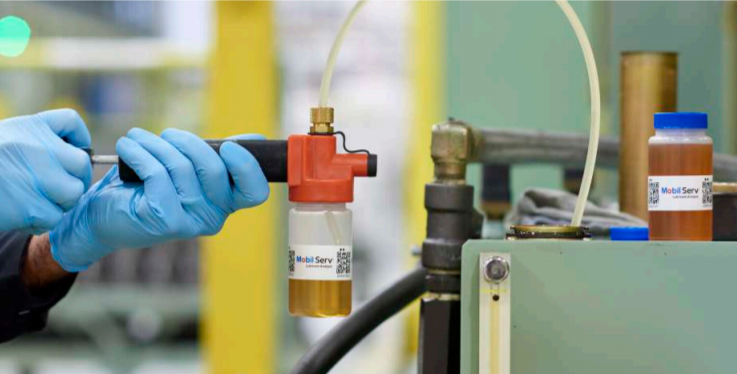In the complex world of industrial manufacturing, where every cog and gear plays a crucial role, ensuring smooth operation of critical assets is paramount. Among the countless factors that influence efficiency and longevity, one often overlooked component is lubrication reliability. While it might not grab headlines or command attention like groundbreaking innovations, its significance in maintaining optimal performance cannot be overstated.
Lubrication reliability is the backbone of machinery maintenance, acting as a silent guardian against wear, friction, and corrosion. It's the unsung hero that keeps the wheels turning – literally. Whether in manufacturing plants, automotive industries, or steel and iron foundries, the role of lubrication is universal and indispensable.
So, what exactly does lubrication reliability entail, and why is it so critical?
- Friction Reduction: At the heart of lubrication's function lies the mitigation of friction. Friction is the arch-nemesis of machinery efficiency, causing wear and tear that can lead to breakdowns and costly repairs. A reliable lubrication system ensures that moving parts glide smoothly, minimizing frictional forces and preserving the integrity of components.
- Wear Protection: Think of lubrication as a shield for your machinery. By forming a protective barrier between surfaces, it prevents direct contact and the resulting wear. This not only extends the lifespan of equipment but also reduces the frequency of replacements, saving both time and money in the long run.
- Temperature Regulation: Machinery in operation generates heat, which, if not properly managed, can cause thermal degradation and performance issues. Lubricants aid in dissipating heat, maintaining optimal operating temperatures, and preventing overheating – a critical aspect of ensuring reliability in high-demand environments.
- Contamination Control: Dust, dirt, and other contaminants are the adversaries of machinery reliability. They can infiltrate components, leading to abrasion and corrosion. An effective lubrication system acts as a barrier, keeping contaminants at bay and preserving the cleanliness of critical parts.
- Seal Protection: Seals are essential for preventing leaks and maintaining pressure within systems. However, they are susceptible to degradation over time. Lubricants help condition seals, extending their lifespan and ensuring their continued effectiveness.
In essence, lubrication reliability is not just about applying oil or grease; it's about implementing a comprehensive strategy that addresses the unique needs of each machinery component. From selecting the right lubricant viscosity to establishing proper application techniques, every aspect requires careful consideration.
Moreover, lubrication reliability is not a one-time affair but an ongoing commitment. Regular inspections, oil analysis, and predictive maintenance are essential to identifying potential issues before they escalate into costly problems. It's a preventive approach that emphasizes efficiency, safety, and sustainability.






0 comments